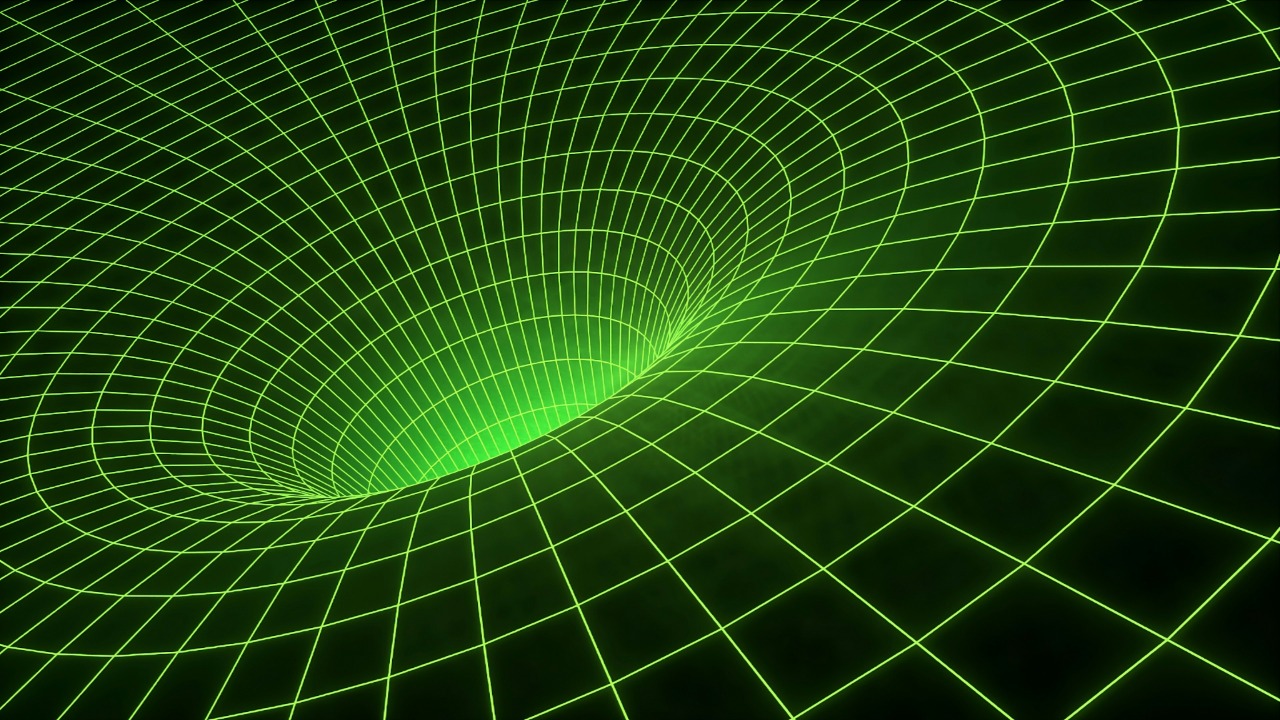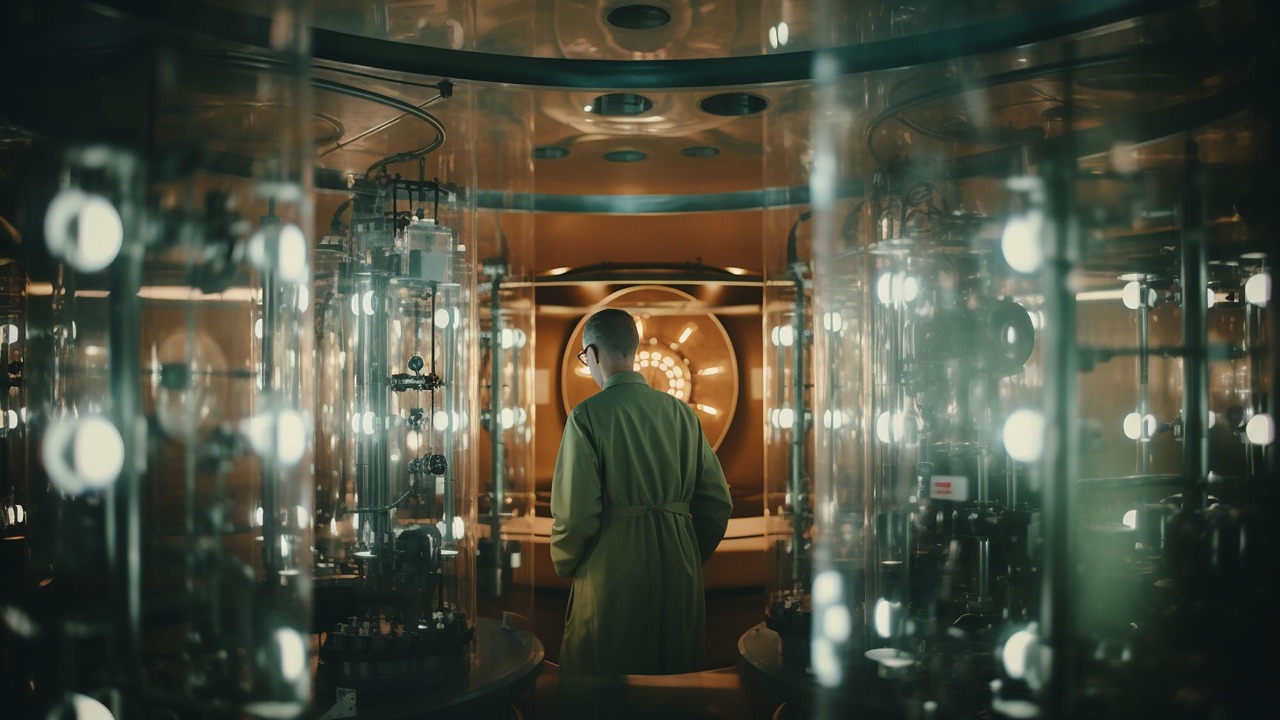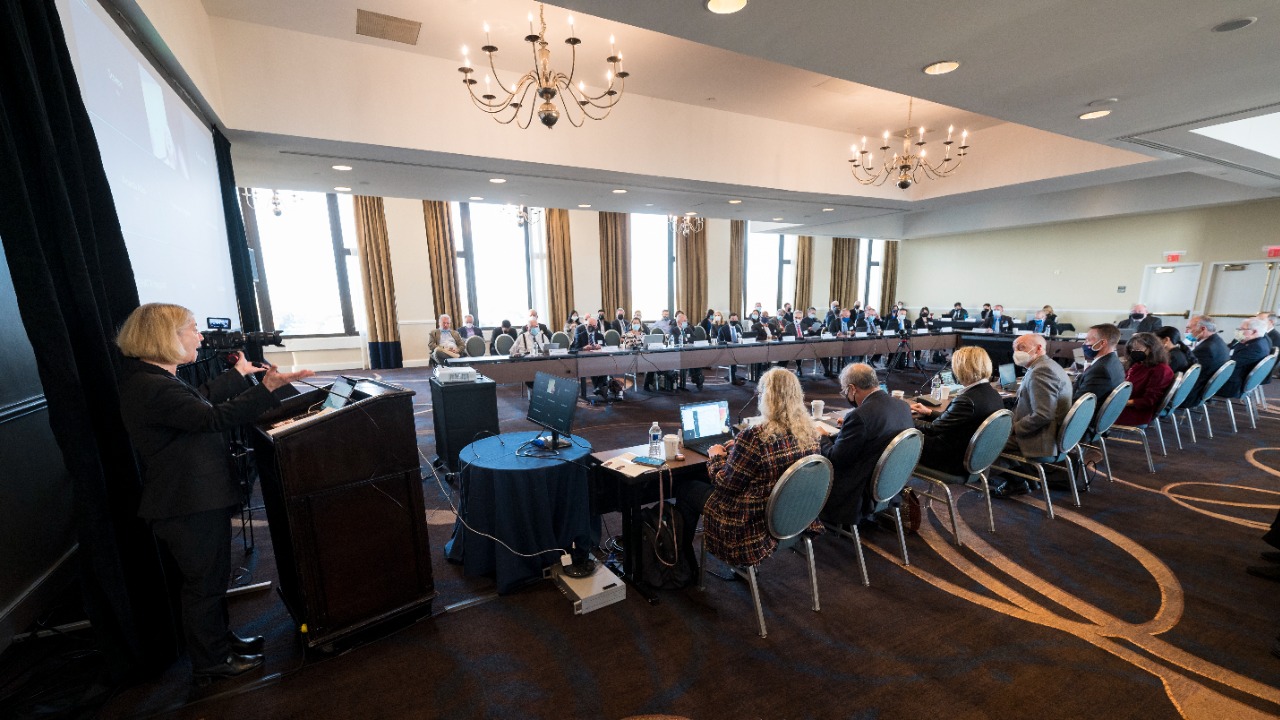Time travel has long been a subject of fascination in science fiction, but recent scientific endeavors suggest that it might not be as far-fetched as once thought. Researchers in laboratories around the world are exploring the possibilities of time travel, drawing on principles of physics and cutting-edge technology. Scientific theories and practical challenges are at the forefront of these groundbreaking experiments.
Theoretical Foundations of Time Travel

General Relativity and its Implications
Albert Einstein’s theory of general relativity has provided us with a revolutionary framework for understanding the fabric of the universe. Unlike traditional concepts of time as a linear progression, general relativity describes time as a flexible dimension intertwined with space, forming the four-dimensional construct known as spacetime. This theory allows for the possibility that time could be bent or warped under certain conditions, potentially creating pathways for time travel. Such pathways might involve phenomena like wormholes, hypothetical tunnels in spacetime that could connect distant points in both space and time.
While the mathematics of general relativity make such scenarios plausible, the practical realities remain daunting. The energy required to sustain a traversable wormhole, for example, is beyond our current technological capabilities. Nonetheless, these ideas continue to inspire researchers, offering a glimpse into the profound implications of Einstein’s insights on our understanding of time. For an in-depth exploration, this BBC article delves into the physics behind these concepts.
Quantum Mechanics and Possibilities
Quantum mechanics, the branch of physics that deals with subatomic particles, introduces a different set of possibilities for time travel. Concepts like quantum entanglement, where particles become interconnected in ways that defy classical physics, suggest that the universe might be more interconnected than we perceive. Some researchers speculate that these quantum phenomena could be harnessed to achieve forms of time travel on a microscopic scale.
Laboratory experiments exploring quantum time phenomena are in their infancy, yet they offer intriguing glimpses into the potential of these theories. A prominent example is the work surrounding time crystals—structures that exhibit periodic changes in their state over time without energy input, challenging our conventional understanding of temporal symmetry. For examples of current research efforts, the University of Maryland, Baltimore County provides insights into the science behind these phenomena.
Current Time Travel Experiments

Key Laboratories and Research Projects
Leading laboratories across the globe are actively engaged in exploring time travel possibilities. Among them are institutions like the Large Hadron Collider at CERN, where scientists conduct experiments that push the boundaries of particle physics. Although these experiments do not directly involve time travel, they explore conditions that could potentially reveal insights into time manipulation.
Another notable project is the work being conducted at MIT, where researchers are investigating the properties of exotic materials and their interactions with spacetime. These studies aim to understand how particles might behave under extreme conditions that could mimic theoretical time travel scenarios. The MIT research repository offers further details on these cutting-edge projects.
Technological Challenges and Innovations
The journey to achieve time travel is fraught with technical challenges. Creating stable wormholes, for instance, requires not only immense energy but also a deeper understanding of exotic matter, which remains largely theoretical. Researchers are also exploring ways to manage quantum states effectively, a daunting task given their inherent instability and sensitivity to external influences.
Innovative technologies and methodologies are being developed to address these challenges. For example, advancements in quantum computing are paving the way for more precise control over quantum systems, potentially opening new avenues for time manipulation. These technologies are still in developmental stages, but they hold promise for overcoming some of the significant barriers currently faced by researchers in the field.
Ethical and Philosophical Considerations

The Potential Impact on Society
The prospect of time travel raises profound questions about its impact on society. If time travel becomes feasible, it could alter societal structures by providing unprecedented access to past and future information. Historical events might be revisited, potentially changing our understanding of history itself. On a personal level, time travel could challenge our concepts of identity and existence, as interactions with past or future selves become possible.
Ethically, the ability to alter timelines presents dilemmas that are hotly debated among scientists and philosophers. Would we have the right to change historical events, potentially erasing entire lifetimes or altering the course of history? These questions underscore the need for robust ethical frameworks to guide any future developments in this field. For a deeper dive into these ethical implications, this book provides an exploration of time travel’s potential societal impacts.
Paradoxes and Theoretical Dilemmas
Time travel is rife with theoretical dilemmas and paradoxes that challenge our understanding of causality and reality. The grandfather paradox, for example, questions the logical consistency of time travel by posing a scenario where a time traveler could potentially prevent their own existence by altering past events. These paradoxes present significant obstacles to time travel theories, prompting scientists to explore possible resolutions through quantum mechanics and alternative theories of time.
Philosophically, time travel raises discussions about determinism and free will. If the future can be visited or altered, does that imply a predetermined universe where free will is an illusion? These questions continue to provoke debate, inspiring both scientific inquiry and philosophical reflection. The ongoing exploration of these issues is crucial to our understanding of time and our place within it.
Public Perception and Cultural Impact

The Influence of Science Fiction
Science fiction has played a pivotal role in shaping public perceptions of time travel. From H.G. Wells’ “The Time Machine” to the cult classic “Doctor Who,” these narratives have captured imaginations and inspired generations of scientists. The portrayal of time travel in media often explores the potential and pitfalls of this concept, reflecting both our hopes and fears about its implications.
Interestingly, the boundary between fiction and scientific inquiry is often blurred, with fiction inspiring real-world research and vice versa. The cultural impact of time travel stories is evident in the way they continue to inspire new scientific endeavors, pushing the boundaries of what we believe to be possible. The Doomsday Vault series is an example of how contemporary media explores these themes.
Public Skepticism and Interest
The public’s skepticism regarding time travel is understandable, given the complex theories and technical challenges involved. Many view it as a distant dream rather than an imminent reality. However, the scientific community continues to engage with the public, offering explanations and updates on ongoing research to bridge the gap between skepticism and understanding.
Despite the skepticism, there is a notable public interest in the potential of time travel. Popular science events and documentaries frequently feature discussions on the topic, highlighting both the challenges and the exciting possibilities that lie ahead. This engagement reflects a broader curiosity about the nature of time and our quest to unravel its mysteries.